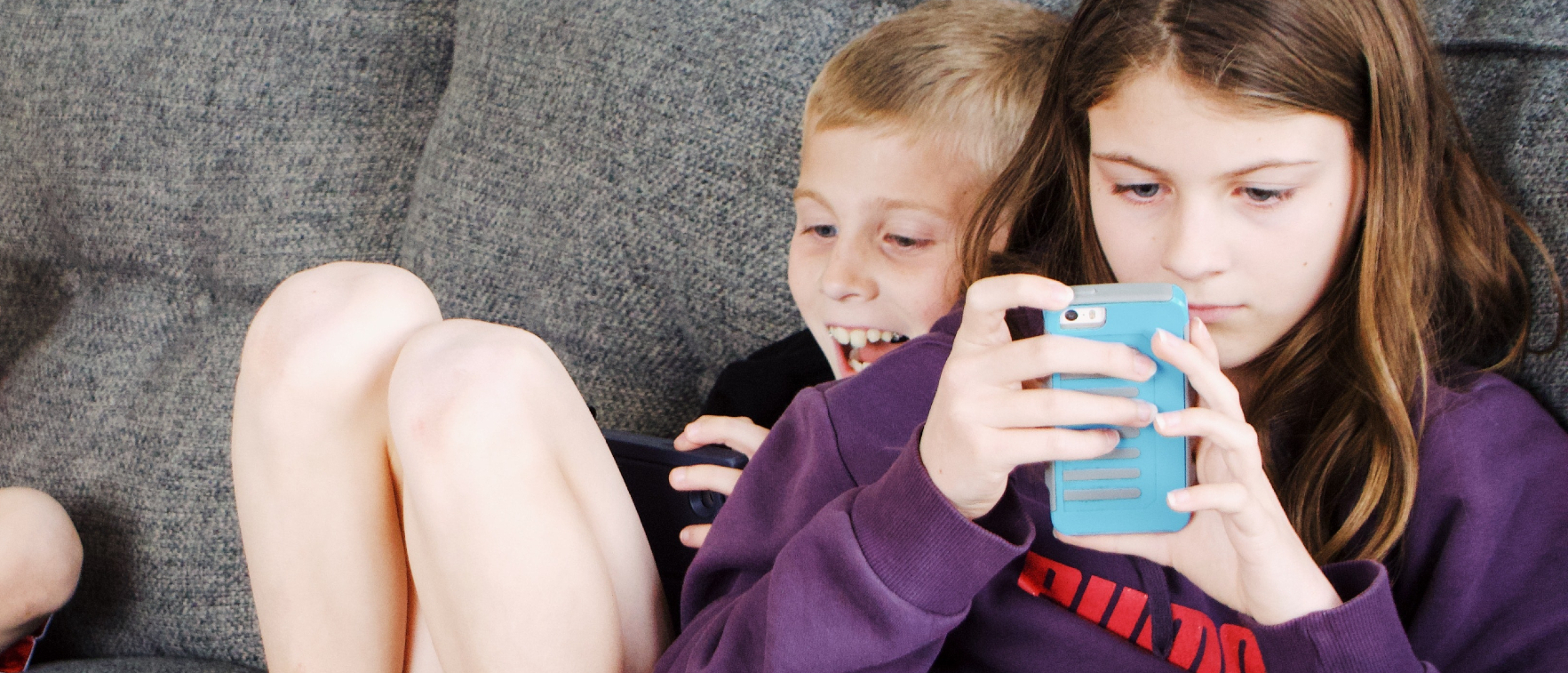 LSE’s Professor Sonia Livingstone and Dr Mariya Stoilova explain the findings of their new report on the impact of digital experiences on adolescents with mental health vulnerabilities, and the implications for regulation of online platforms. The report was launched earlier today.
LSE’s Professor Sonia Livingstone and Dr Mariya Stoilova explain the findings of their new report on the impact of digital experiences on adolescents with mental health vulnerabilities, and the implications for regulation of online platforms. The report was launched earlier today.
Adolescents’ mental health in a digital age has been in the headlines over recent months for at least two reasons:
- Most importantly, concern was growing that children and young people face significant mental health difficulties and that professional services are insufficiently resourced to support them. This concern predates the pandemic, but it seems clear that matters have worsened over the past couple of years.
- Secondly, the efforts in many countries to regulate social media platforms (as with the UK’s Online Safety Bill) have been linked to adolescent mental health difficulties by a series of events, including Instagram’s plan for a “Kids” service, the advent of the Age Appropriate Design Code, Frances Haugen’s vivid testimony of the self-regulation failings at Facebook/Meta among other social media companies, and a seemingly unstoppable series of personal tragedies linking social media to self-harm and suicide.
But the alleged link between mental health and social media platforms remains hotly contested. Such contestation focuses on the quality of the evidence that links mental health and young people’s social media use as well as on whether the regulatory solutions called for (primarily legal requirements on platforms for a duty of care, age verification, safety by design, improved content moderation, adequate remedy, substantial penalties for noncompliance, etc.) might inadvertently bring adverse consequences that outweigh any promised benefit. It is therefore vital that we examine the evidence linking mental health and digital engagement.
Whilst there is no silver bullet solution to such a complex issue as adolescent mental health – journalists and politicians especially, please take note – our new report is designed to open up inquiry on the matter. Recognising that we are still in the dawn of the digital age, our findings suggest a direction of travel.
We draw on a scoping review of the research literature that began with several thousand published studies before homing in on 113 of the best quality ones. We complemented our interpretation of the findings with interviews conducted with a range of stakeholders, and pilot interviews with young people with experience of mental health difficulties.
Four key findings
- Adolescents with mental health problems engage with the digital environment in some specific ways. This includes going online to participate in niche communities or to seek peer-based or professional support, partly because family and peers can find it difficult to recognise when an adolescent is experiencing mental health problems and may not know how to offer support. Note that while often adolescents are seeking understanding and support through being in touch with others facing related experiences, they may also provide reciprocal support online.
- We often think of these adolescents as troubled individuals, but it is important to recognise the social and cultural dimensions of both adolescent experience and online communities. By participating in niche communities focused on specific mental health difficulties, young people can attain a sense of validation and belonging. But in turn, their problems can be triggered, even encouraged by the collective norms of self-harm or pro-anorexia communities, and thus amplified and made worse.
- It is difficult if not impossible to separate adolescents’ online and offline experiences. Although it is often recognised that young people have transcended this distinction, policymakers still seem to focus on either the online or offline dimension of young people’s mental health problems. This neglect of the significant interdependences between online and offline results in multiple misunderstandings, ranging from a failure to appreciate why young people go online or what they experience there, to a tendency to blame the digital world entirely even though it is generally factors in their everyday (offline) lives that lead them to search for online support in the first place.
- It is still unfortunately the case that mental health professionals seem uncertain about the nature of digital engagement and reluctant to ask about it. Conversely, it also appears that industry experts (who know plenty about the digital world though arguably much less about mental health vulnerabilities) are uncertain and/or also reluctant to take action to improve adolescents’ digital experiences or to redesign their services as needed, notwithstanding their knowledge of the specific features or affordances of the digital environment that can exacerbate problems.
There’s much to reflect on in our findings, and in the voices of young people that are threaded through the report, guiding and anchoring our analysis. Returning to our opening dilemma about online safety regulation, we note that the findings also show how it is also difficult if not impossible to pull apart the risks and opportunities of digital engagement. Yet still, policymakers try to silo them into actions required of different departments or organisations. Hence as a society we continue to promote access and digital skills with insufficient attention to risks, and we continue to seek to regulate risks without sufficient attention to how this will curtail and infringe the opportunities and rights of young people.
Next steps
At LSE, we are taking this inquiry forwards in two ways. As part of the EC-funded H2020 research project, ySKILLS, we are interviewing 14–17-year-olds experiencing mental health difficulties to understand the particular digital skills and ways of coping that they have gained. We are also starting a new project with King’s College London colleagues, as part of a new multi-stranded programme of work with the “Adolescent Mental Health and Development in the Digital World“ network – DIORA – which will focus on internet use and its relationship to mental health in adolescents made vulnerable by pre-existing mental health problems.
We’re especially thinking about the concept of “digital engagement” in relation to mental health – as it’s time to move beyond “screen time” or simple measures of “internet use”. But that doesn’t make it easy to come up with the more comprehensive and complex measures of children’s digital engagement and its outcomes. Based on the research in our report, we suggest that digital engagement might include:
- Exposure to, interaction with or participation in digital content, conduct and contact that afford opportunities and/or risks.
- Excessive time spent online (although time use or ‘screen time’ in general is less important).
- Information and help-seeking activities (as both recipient and provider).
- Sensitivity/ vulnerability to triggering, unhealthy or risky digital contents and interactions.
- Interest in and contribution to the representations, emotions, norms and practices characteristic of digital spaces.
- Participation in and belonging to (niche) online communities.
- Knowledge of, and interaction or coping with, digital affordances or design features.
- Ways in which digital activities complement, compensate for or exacerbate/are exacerbated by offline activities or experiences.
What do you think? Feel free to get in touch!
Notes
Our full report is published as: Stoilova, M., Edwards, C., Kostyrka-Allchorne, K., Livingstone, S., & Sonuga-Barke, E. (2021) Adolescents’ mental health vulnerabilities and the experience and impact of digital technologies: A multimethod pilot study. London School of Economics and Political Science and King’s College London.
The work was funded by a Medical Research Council/UK Research and Innovation (UKRI) Consortium Engagement Award to MindTech/University of Nottingham.
This text was originally published on the Media@LSE blog and has been re-posted with permission and small edits.
This post represents the views of the authors and not the position of the Parenting for a Digital Future blog, nor of the London School of Economics and Political Science.
Featured image: photo from Pxhere






